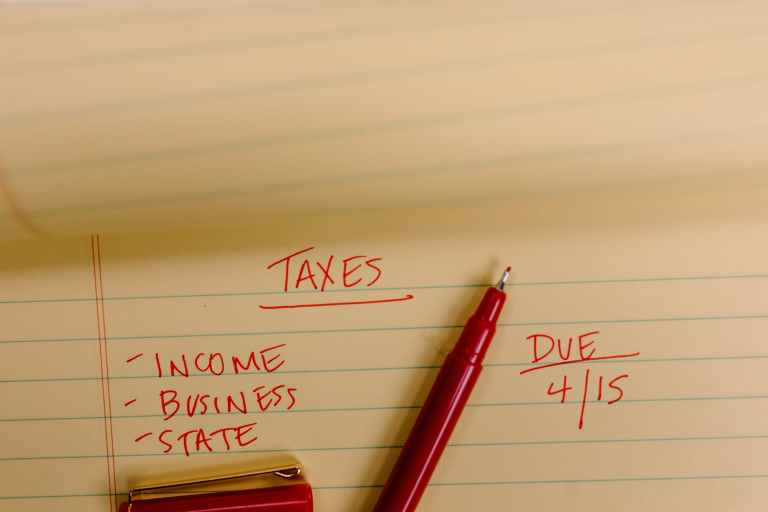10 Ways Taxpayers End up in Court with the CRA
Based on a scan of Canadian court cases, using CANLII, there are several reasons why Canadian taxpayers end up in court with the Canada Revenue Agency (CRA) for tax-related offences. The five most common reasons include:
1. Disputes with the Canada Revenue Agency (CRA)
Many court cases involve disputes between taxpayers and the Canada Revenue Agency (CRA) over various tax issues, including income tax, GST/HST, and payroll taxes.
2. Failure to Report Income to the CRA
Taxpayers may end up in court if they fail to report income on their tax returns. This can occur when the taxpayer intentionally conceals income or makes errors on their tax return that result in underreporting of income.
3. Improper Use of Tax Shelters
Taxpayers may also end up in court if they improperly use tax shelters or other tax planning strategies to avoid paying taxes. The CRA has been known to challenge aggressive tax planning strategies that it deems abusive.
4. Disputes over Deductions and Credits
Court cases may also arise over disputes between taxpayers and the CRA over deductions, and credits claimed on tax returns. For example, the CRA may disallow certain deductions claimed by the taxpayer or may challenge the eligibility of certain credits claimed.
5. Failure to Comply with CRA Tax Laws
Finally, taxpayers may end up in court if they fail to comply with tax laws, such as by failing to file tax returns, failing to pay taxes owed, or failing to keep adequate records.
Why Taxpayers End Up in Court Over Capital Gains Tax Disputes
Getting even more specific, the five most common reasons taxpayers end up in court with the CRA over capital gains tax include:
6. Dispute over the Valuation of Property
One reason why taxpayers end up in court over capital gains taxes is when there is a dispute over the value of the property that was sold. This can occur when the taxpayer and the Canada Revenue Agency (CRA) have different opinions on the fair market value of the property, which can affect the amount of capital gains tax owed.
7. Failure to Report Capital Gains to the CRA
Taxpayers may end up in court over capital gains taxes if they fail to report capital gains on their tax returns. This can happen when the taxpayer sells a property and does not report the sale on their tax return, or when they claim that the sale was exempt from capital gains tax when it was not.
8. Incorrect Calculation of Capital Gains
Taxpayers may also end up in court over capital gains taxes if they incorrectly calculate the amount of capital gains owed. This can happen when the taxpayer does not properly account for deductible expenses, such as improvements made to the property, or incorrectly calculates the adjusted cost base of the property.
9. Dispute over Residency Status
Another reason taxpayers may end up in court over capital gains taxes is when there is a dispute over their residency status. Non-residents of Canada are subject to different tax rules when it comes to capital gains taxes. If there is a dispute over whether a taxpayer is a resident or non-resident, it can affect the amount of capital gains tax owed.
10. Abuse of Trusts or Other Tax Planning Strategies
Taxpayers may also end up in court over capital gains taxes if they are found to have abused trusts or other tax planning strategies to avoid paying capital gains taxes. The CRA has been known to take legal action against taxpayers who use aggressive tax planning strategies to avoid paying taxes.
Bottom Line
It’s important to note that these are just some common reasons taxpayers end up in court over tax issues and capital gains taxes, although each case is unique. If you have questions about capital gains taxes or facing a tax dispute with the CRA, it’s important to consult with a qualified tax professional.







